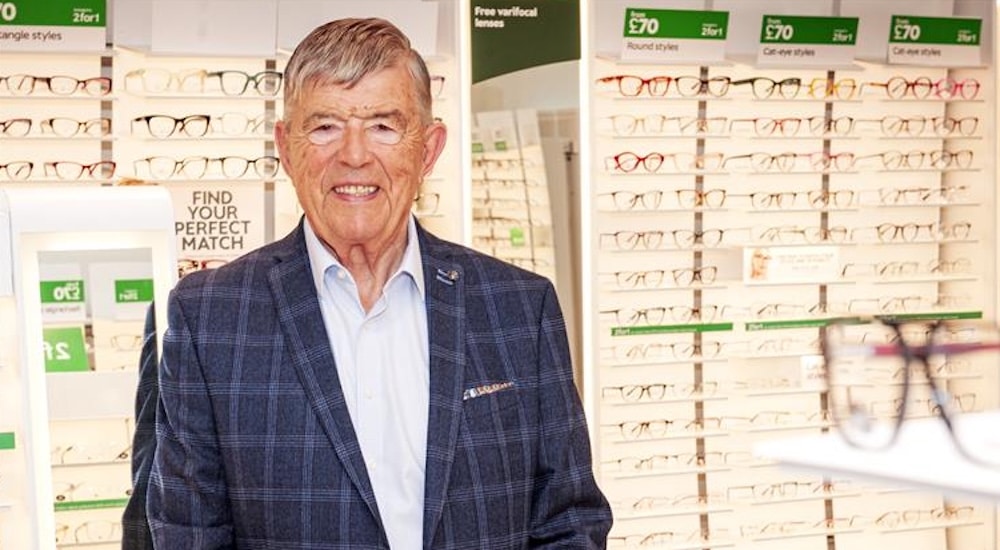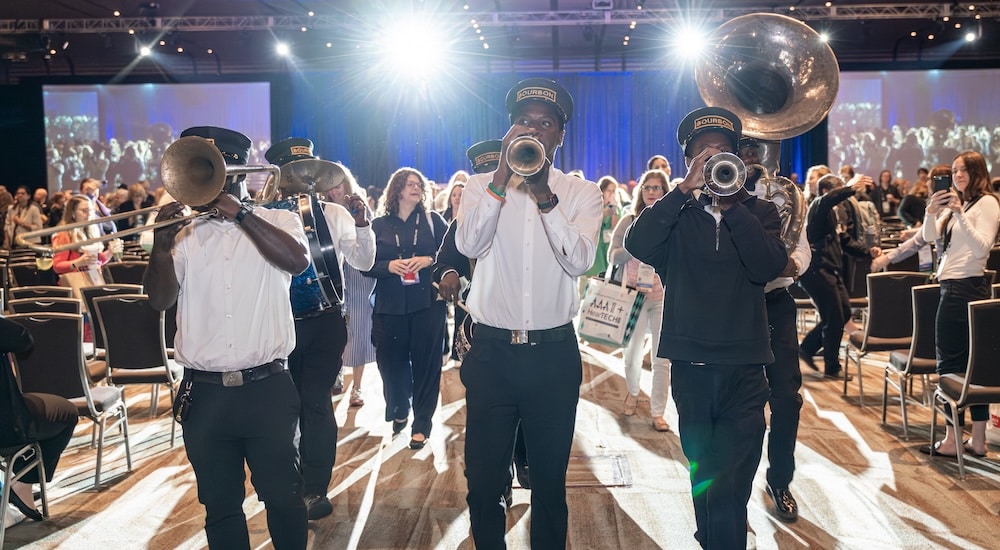Bipartisan MAASA bill introduced to better Medicare's audiology cover
medicare
Widespread backing in US audiology supports the introduction of the bipartisan, bicameral Medicare Audiologist Access and Services Act of 2019, already before the US House of Representatives and soon to be put to the Senate.

Endorsing this move for better access to hearing health services in the US are four of the biggest national audiology associations: the American Academy of Audiology (AAA), the American Speech-Language Hearing Association (ASHA), the Hearing Loss Association of America (HLAA), and the Academy of Doctors of Audiology (ADA).
US senators Elizabeth Warren (D-Mass.) and Rand Paul (R-Ky) have just announced that they are on the verge of introducing this MAASA bill in the Senate. On July 26, Representative Tom Rice (R-S.C.) introduced identical companion legislation in the House.
In respect of audiological treatment, Medicare rules, which are tighter than those of many private and federal insurance plans, allow only a limited range of tests and services, and only following referral from a physician or nurse practitioner.
The comprehensive Medicare benefit envisaged under the bill would mean Medicare coverage of medically necessary, covered treatment services such as vestibular rehabilitation, cerumen removal, and aural rehabilitation provided by audiologists practicing within their state-defined scope of practice. Passing the bill, however, would not mean changing, expanding and/or enhancing the scope of practice outlined in any state audiology licensure law, or changing the practitioner status to a limited license physician at the state level.
The bill—H.R. 4056—proposes changing the definition of “audiology services” in the Medicare statute, expanding it to include all services now covered by Medicare that are also within an audiologist’s scope. The Medicare definition of practitioner would include audiologists, placing hearing care professionals on the level of other Medicare-recognised health care providers such as clinical social workers and clinical psychologists.
It would also make technical changes to the classification of audiology services in the Medicare system as “other diagnostic tests”, thus removing the pre-treatment order requirement.
Senator Warren, pictured above alongside immediate past-president of ADA, Alicia Spoor, said: "Outdated Medicare rules make it more difficult for seniors experiencing hearing loss to get the care they need. Our bill would clear the roadblocks that stand in the way of Medicare beneficiaries, and make audiology services more accessible."
Approximately 20% of Americans—48m people—are affected by hearing loss. Currently, according to representative Tom Rice, these "have to jump through hoops to see their preferred audiologist".
Source: ADA


